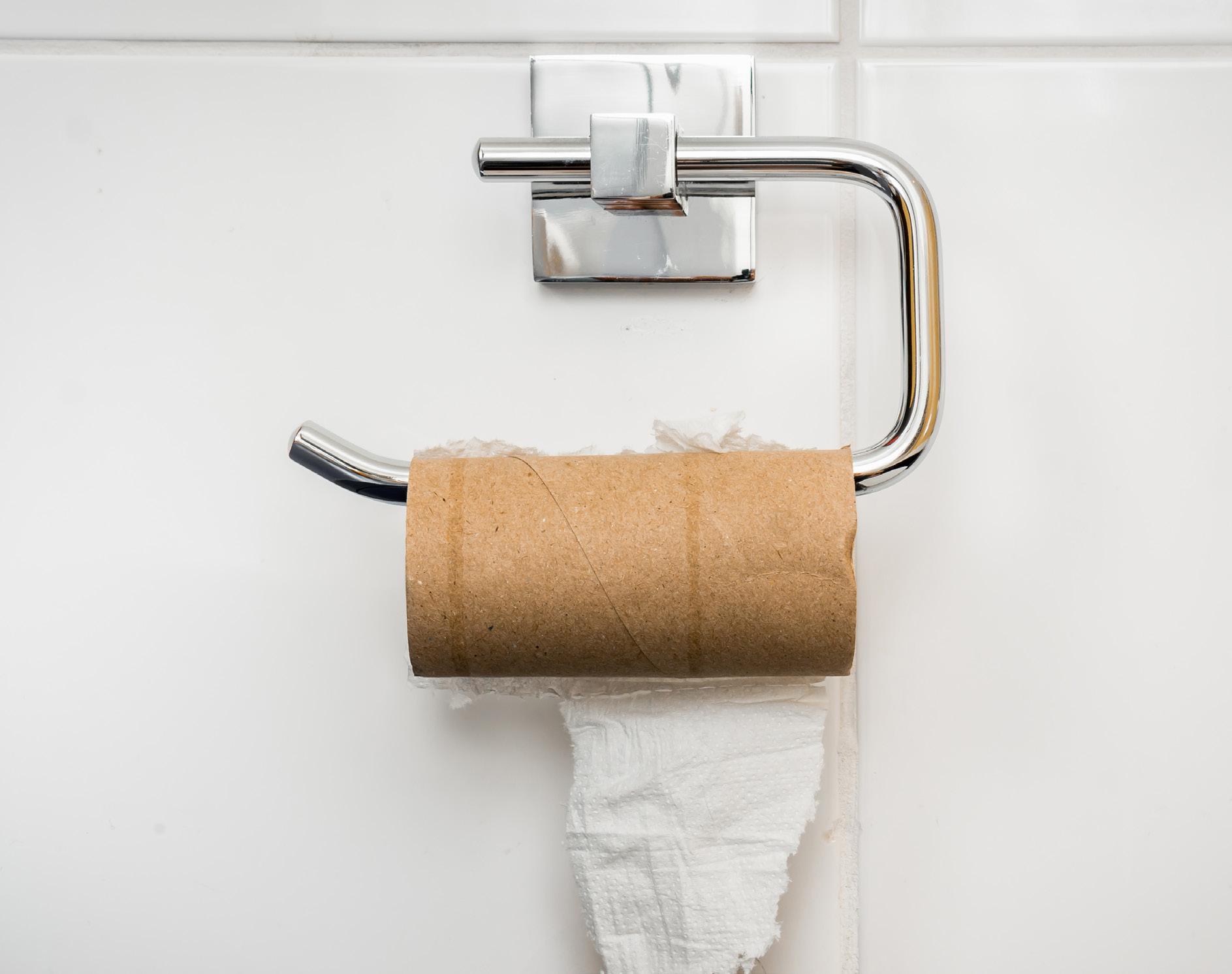Information

















DiaroCare™ is a complementary medicine developed to assist in the treatment of diarrhoea and dehydration. It contains Diosmectite (as Veegum®) to assist with diarrhoea and a balanced dose of electrolytes to reduce the risk of dehydration that is caused by diarrhoea.

Diarocare™ is the only Diarrhoea treating product on the South African market that contains diosmectite and electrolytes.

Chronic diarrhoea is associated by the alterations of the microbiota in the gut (Da Silva, et al., 2022). According to a 2015 study conducted by Wits, diarrhoea is one of the leading causes of morbidity and mortality in South African children, accounting for approximately 20% of under-five deaths (Chola et al., 2015).
(Each sachet contains)
Diosmectite as Veegum® 3 g
Sodium Chloride 263 mg
Potassium Chloride (0.5mEq KCl) 37,3 mg
Potassium Citrate 162 mg
Sodium Citrate 147 mg
Infants 1-12 months:

1 sachet immediately. 1⁄2 sachet every 4-6 hours with at least 100 ml water. (Maximum 2 sachets in 24 hours).
Children 1 – 4 years:
1 sachet immediately, 1⁄2 sachet every 4-6 hours with at least 100 ml water. (Maximum 3 sachets in 24 hours).
Children 5 – 12 years:
1 sachet immediately, 1 sachet every 4-6 hours with at least 100 ml water. (Maximum 4 sachets in 24 hours).
Adults & Children 12 years +:
2 sachets immediately, 1 sachet every 4-6 hours with at least 100 ml water. (Maximum of 6 sachets in 24 hours).
.
Diosmectite is a natural colloidal clay which belongs to the dioctahedral smectite family and is extracted from monospecific geological deposits (Da Silva, et al., 2022). It starts a stable crystallographic structure whereby the active pharmaceutical ingredient is obtained by purifying and removing impurities- this allows for an off-white, tasteless, odourless, stable and fine powder to form and to be used as an ingredient in medical preparations (Da Silva, et al., 2022).
Diosmectite is being used worldwide for the treatment of diarrhoea for adults and children. Diosmectite coats the gastrointestinal mucosa and serves as an anti-diarrhoeal gastro-intestinal protectant as the clay can absorb water and intestinal gas, small molecules, and particles (Da Silva, et al., 2022). It has a high absorbent capacity against bacteria and viruses, it decreases inflammation, reinforces intestinal mucosa barrier as well as restores the epithelial barrier (Da Silva, et al., 2022). Diosmectite also increases water and electrolyte absorption (Das, Sankar, & Naik, 2015). Veegum® is a Diosmectite clay with a composition of magnesium aluminum silicate- it is one of the most utilized clay types for pharmaceutical formulation used in products (Lee, Mason, & Ree, 1972).
Diosmectite can be used for chronic or acute diarrhoea. In a study of 35 adults with chronic diarrhoea, 3g of Diosmectite per sachet 3 times daily were administered for a period of 5 days and the results indicated that Diosmectite diminished diarrhoea and that the microbiota in the gut was not impacted negatively and no negative alterations were observed (Da Silva, et al., 2022).
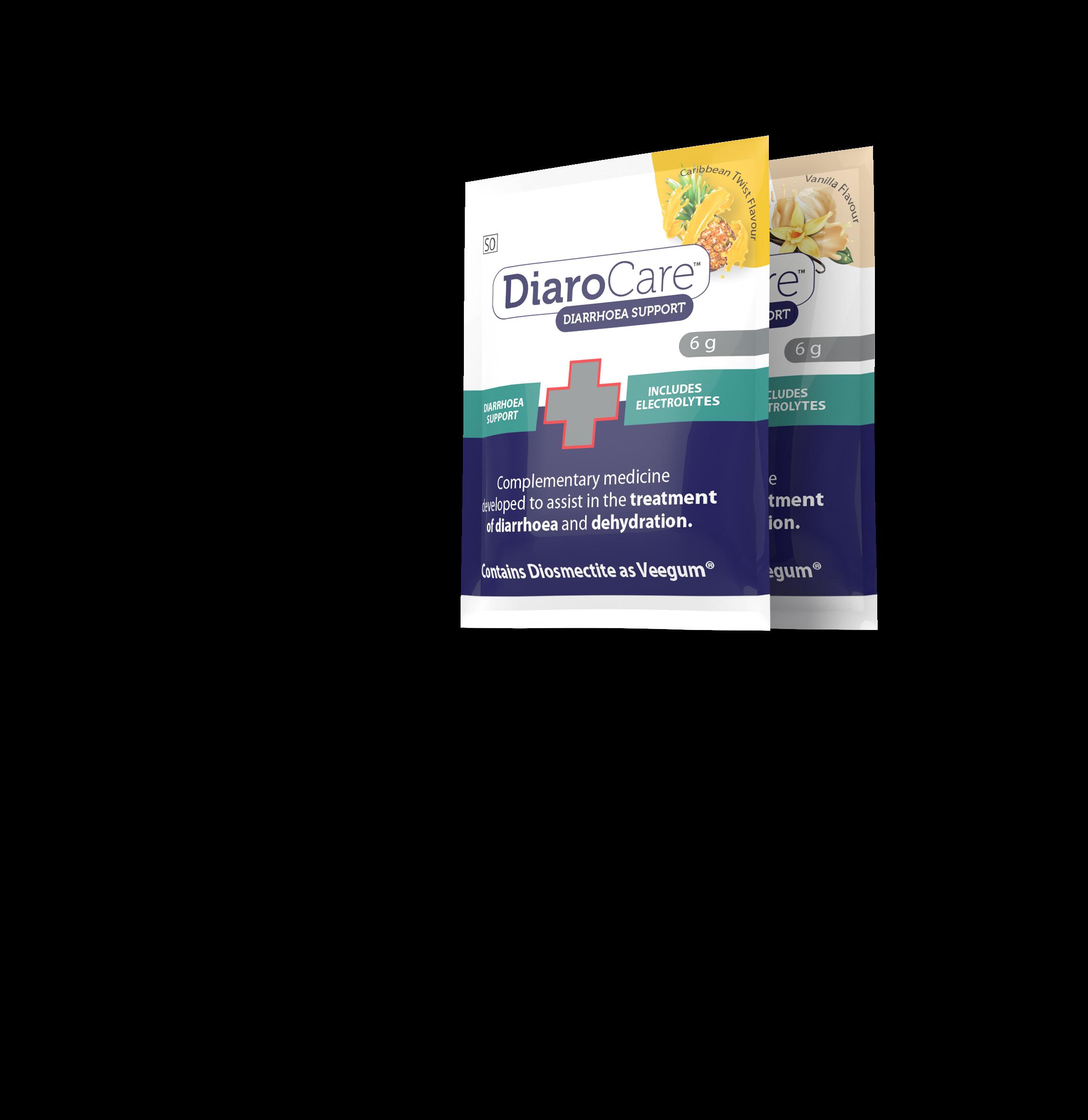
Diosmectite is widely used for the treatment of diarrhoea in acute childhood diarrhoea. 13 randomized clinical trials
were assessed which included a total of 2164 children that were between 1– 60 months old and a dose of 3-6 grams Diosmectite was given for a duration of 3 days and compared to the placebo, Diosmectite decreased the duration of diarrhoea (Das, Sankar, & Naik, 2015). In two other studies consisting of 600 children combined, Diosmectite significantly decreased stool output in children with acute watery diarrhoea that were given 6 g of Diosmectite per day (ages 1-12 months) and 12 g of Diosmectite per day (13-36 months) for at least 3 days (Dupont, et al., 2009).

Electrolytes such as sodium, potassium and chloride are important for normal bodily function and occurrences

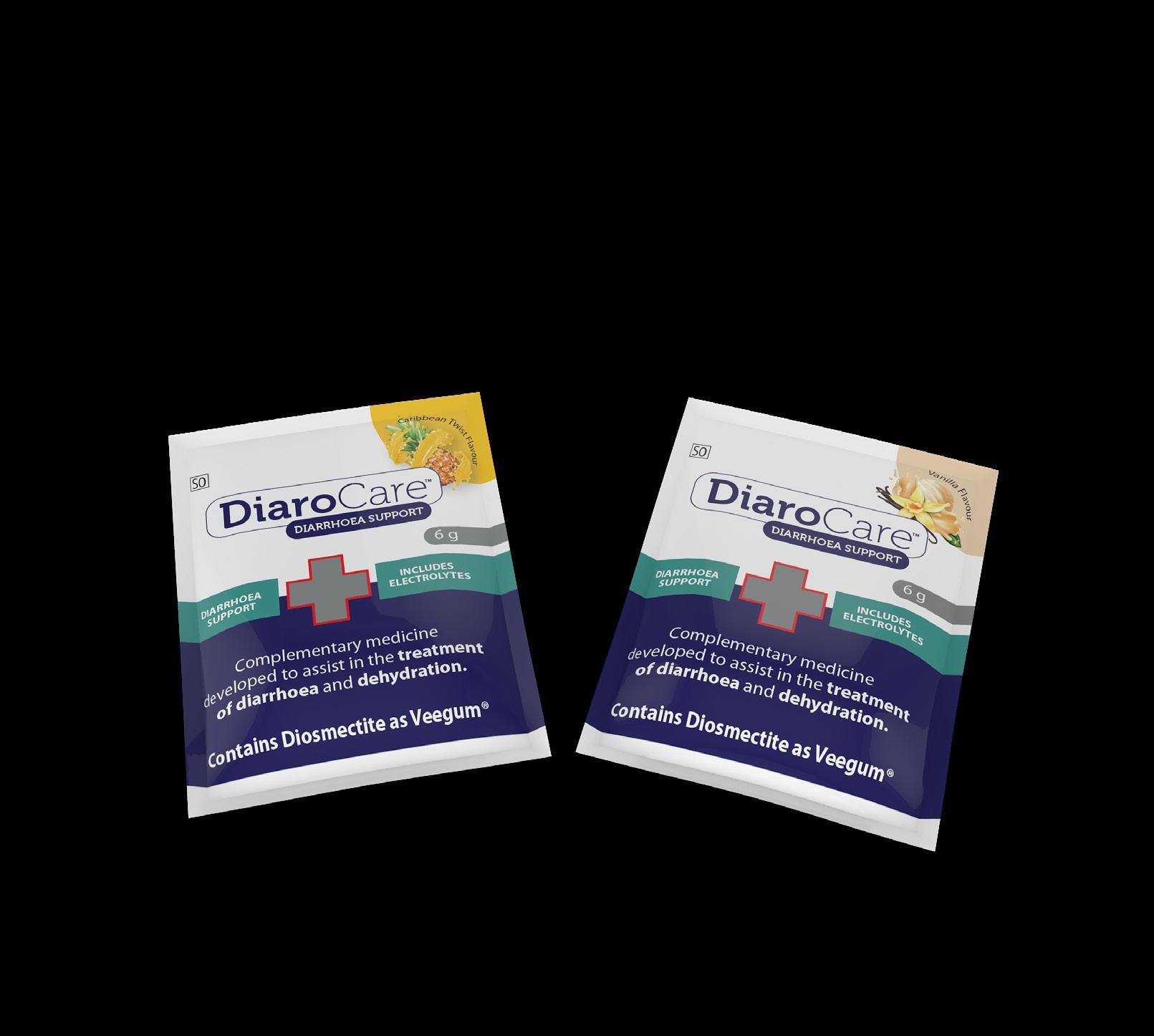
Sodium is the primary regulator of extracellular fluid volume, regulation of osmolarity, acid-base balance and membrane potential of cells (National Research Council, 1989). Sodium is involved in active transport across cell membranes and needs to be pumped out in exchange for potassium to maintain an appropriate intracellular environment, this process is essential for the energy required in basal metabolic state (National Research Council, 1989). Sodium Citrate helps to increase absorption of fluid and electrolytes and has a longer shelf life than many other stable salts (Islam, Samadi, Ahmed, Bardhan, & Ali, 1984).
Within a study where 2.94g of sodium citrate was administered as oral rehydration solution for treatment of watery diarrhoea in 40 patients, 75 percent were rehydrated and acidosis during diarrhoea was corrected (Islam, Samadi, Ahmed, Bardhan, & Ali, 1984).
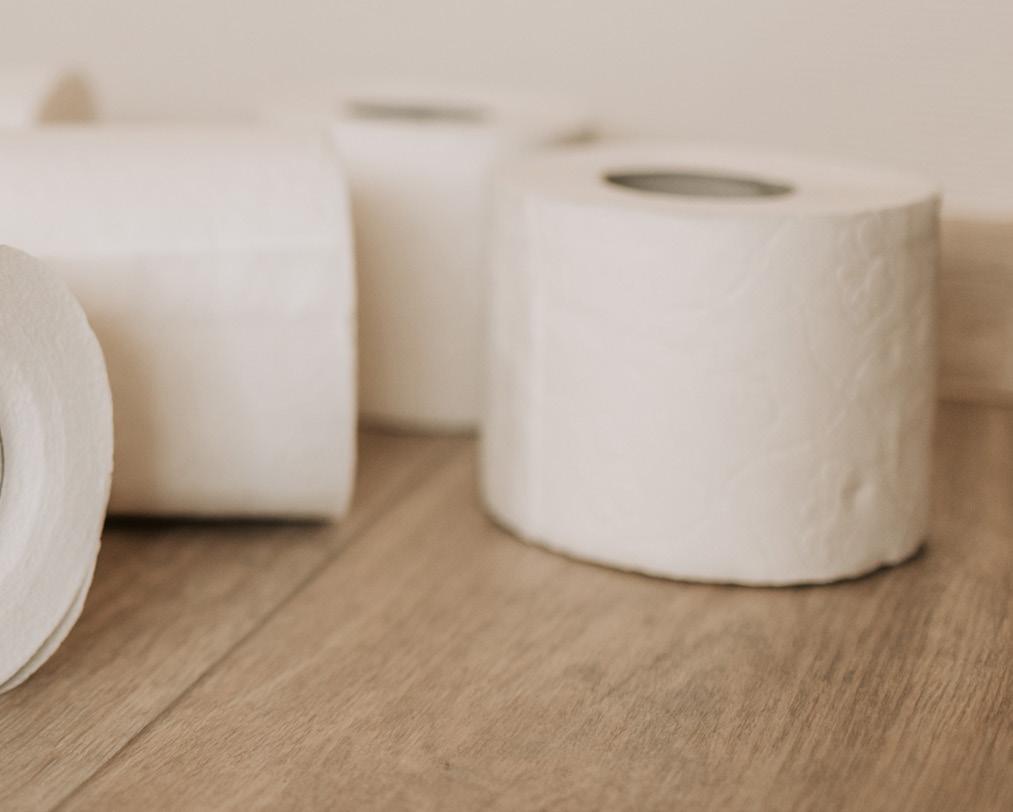

In a study, sodium chloride recovered 178% of the extracellular fluid lost due to rehydration in subjects that were dehydrated (Yawata, 1990).
The body might be depleted of sodium under conditions such as severe diarrhoea. Therefore, it was important to add sodium chloride (to maintain the electrolyte balance of fluids in the body) and sodium citrate (help increase the absorption of fluid and other electrolytes) to DiaroCare™ to assist in dehydration when electrolytes are depleted. Normal sodium requirements for adults are 115mg per day and 300mg of sodium chloride (similar amounts for children as well) (National Research Council, 1989).
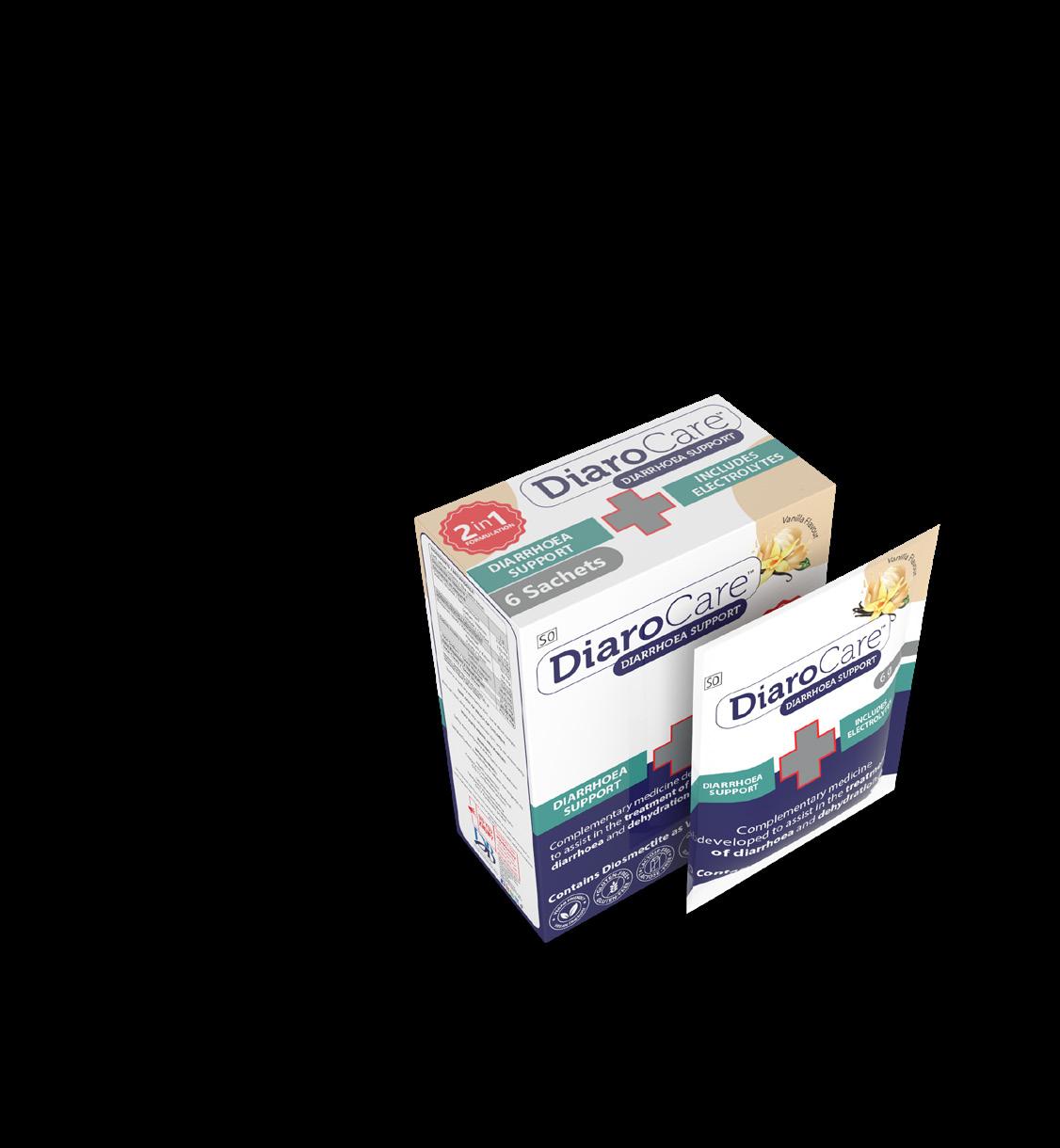
Potassium is a principal intracellular cation and contributes to transmission of nerve impulses, control of skeletal muscle contractility and to maintain of normal blood pressure (National Research Council, 1989). Ingested potassium is absorbed from the gut and deficiency occurs due to prolonged vomiting and diarrhoea (National Research Council, 1989).
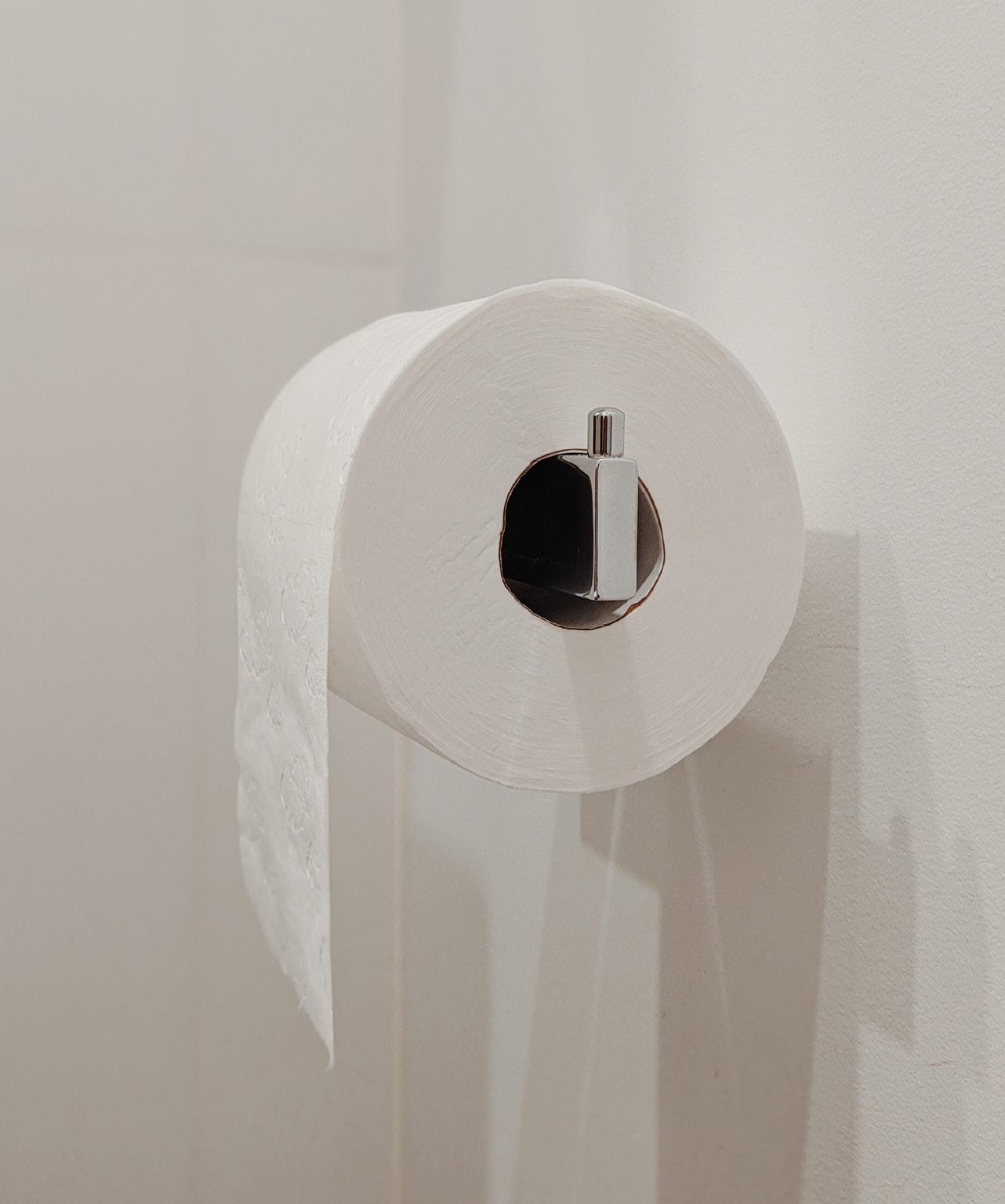
Potassium citrate is a stable salt that will not cause discolouration and can be stored in packets under conditions of high humidity, it also provide adequate alkali and higher concentration of potassium (Islam M. , 1985). Potassium chloride has seen to recover intracellular fluid greatly in rehydrated subjects (Yawata, 1990).

Minimum requirement of Potassium is around 3500mg per day for adults and between 780mg to 1600mg for children of 1 year, but potassium is depleted under normal circumstances through faecal losses (400mg normally for adults) and renal losses (400mg normally for adults) (National Research Council, 1989).
When one is dehydrated due to diarrhoea, potassium can be depleted faster than normal and is therefore an important addition to DiaroCare™.
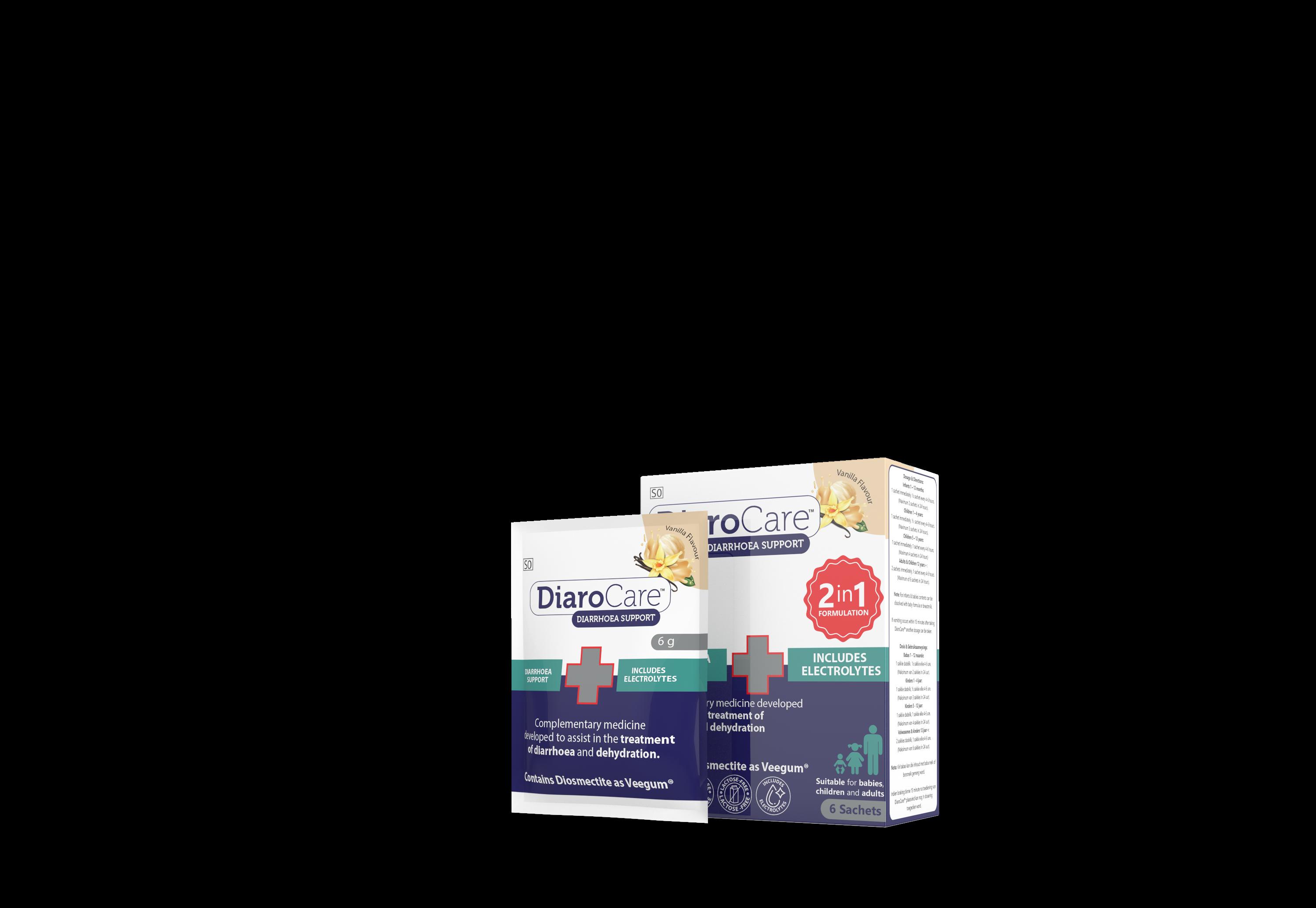


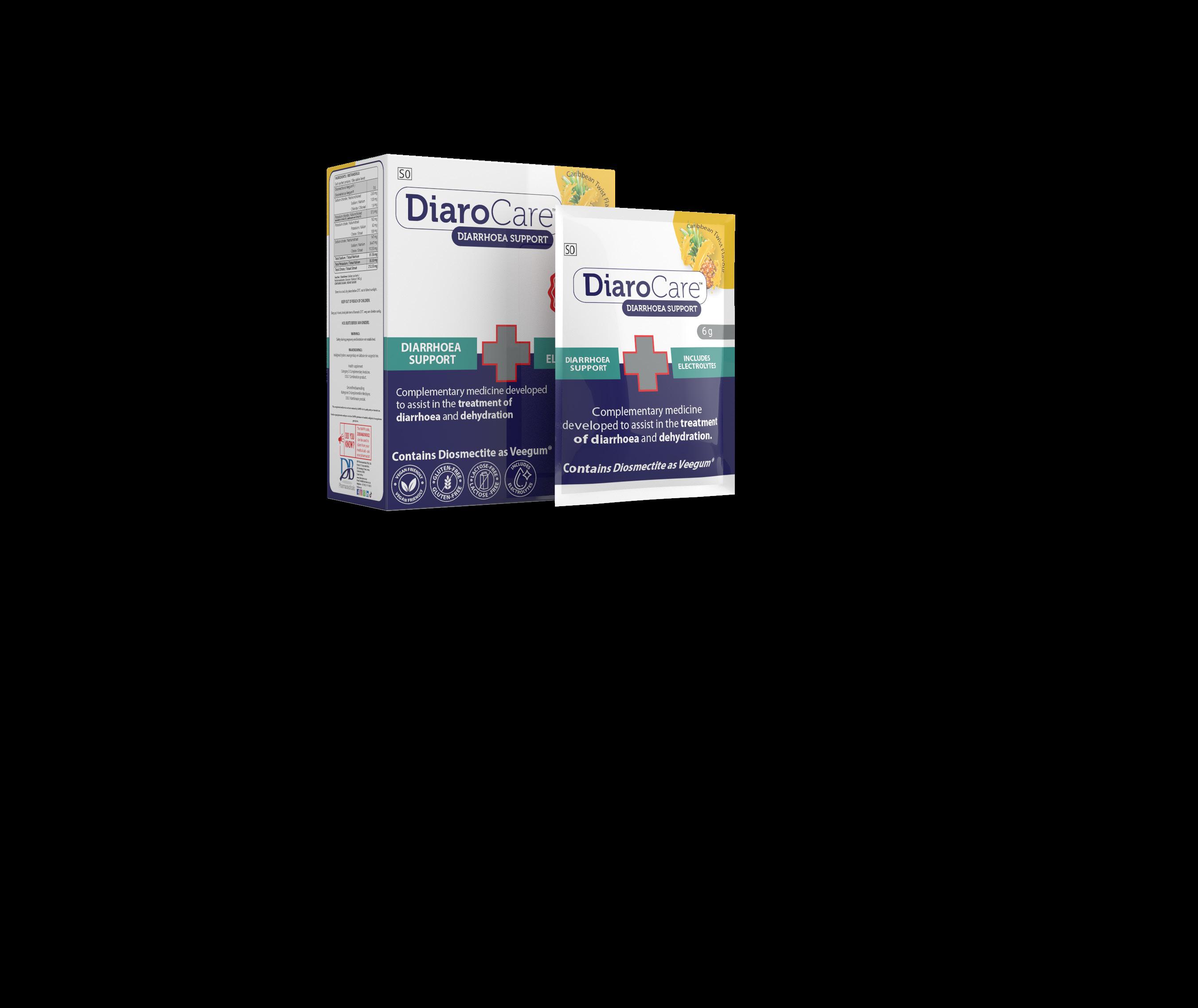

Da Silva, K., Guilly, S., Thirion, F., Le Chatelier, E., Pons, N., Roume, H., . . . Dore, J. (2022). Long-term diosmectite use does not alter the gut microbiota in adults with chronic diarrhea. BMC Microbiology, 22(54), 1-11.

Das, R., Sankar, J., & Naik, S. (2015). Efficacy and safety of diosmectite in acute childhood diarrhoea: a metaanalysis. Archives of disease in childhood, 100(7), 704. doi:10.1136/archdischild-2014-307632
Islam, M., Samadi, A., Ahmed, S., Bardhan, P., & Ali, A. (1984). Oral rehydration therapy: efficacy of sodium citrate equals to sodium bicarbonate for correction of acidosis in diarrhoea. Gut, 25, 900904.
Lee, K., Mason, R., & Ree, T. (1972). The Flocc ation of Veegum Suspension by Electrolytes. Journal of the Korean Chemical Society, 16(1), 25-32.
Dupont, C., Kok Foo, J., Garnier, P., Moore, N., Mathiex-Fortunet, H., & Salazar-Lindo, E. (2009). Oral Diosmectite Reduces Stool Output and Diarrhea Duration in Children With Acute Watery Diarrhea. Clinical Gastroenterology and Hepatology, 7(4), 456462.
Islam, M. (1985). Can potassium citrate replace sodium bicarbonate and potassium chloride of oral rehydration solution? Archives of Disease in Childhood, 60, 852-855.
National Research Council. (1989). Water and Electrolytes. Washington: National Academies Press. Shrimanker, I., & Bhattarai, S. (2019). Electrolytes. Treasure Island: StatPearls Publishing. Yawata, T. (1990). Effect of potassium solution on rehydration in rats: comparison with sodium solution and water. Japanese Journal of Physiology, 40(3), 369-381.


DB Pharmaceuticals is a registered, Grade A certified pharmacy under the South African Pharmacy Council (SAPC) – with registration number Y60310.

The manufacturing plant is further accredited by the South African Pharmacy Council as a pharmacy owner, grading certificate Grade A, and recording of a pharmacy.
We are fully compliant with the current South African Health Products Regulatory Authority (SAHPRA) and the Medicines and Related Substances Control Amendment Act, No. 19 of 1976 requirements for Category D – Complementary Medicines.
Certification of the manufacturing plant also includes a Department of Health Manufacturing Pharmacy certificate and a Certificate of Acceptability for Food Premises and is registered with the South African National Department of Health.
DB Pharmaceuticals welcomes SAHPRA’s approach to regulate the manufacture and sale of Complementary Medicines and Health Supplements which we believe will result in a safer, more efficient experience for patients who seek quality natural health products.
All our products old and new have been developed by our two in-house responsible pharmacists who have 37 years of experience between them. Once products and formulations have been researched and developed the formulation is sent to our team of specialist formulary pharmacists at the manufacturing site who review and test formulations against recent research to ensure safety, quality, and efficacy.
The manufacturing facility is licensed with the South African Health Products Regulatory Authority (SAHPRA) which is only granted after a positive GMP inspection by the regulator.
36 Sovereign Drive, Route 21 Corporate Park, Irene, Centurion Gauteng, South Africa 0062 info@diarocare.co.za www.diarocare.co.za Helpline: 012 111 8313

